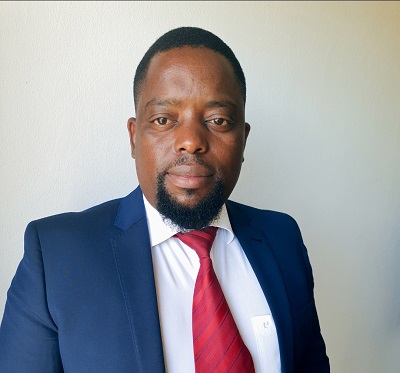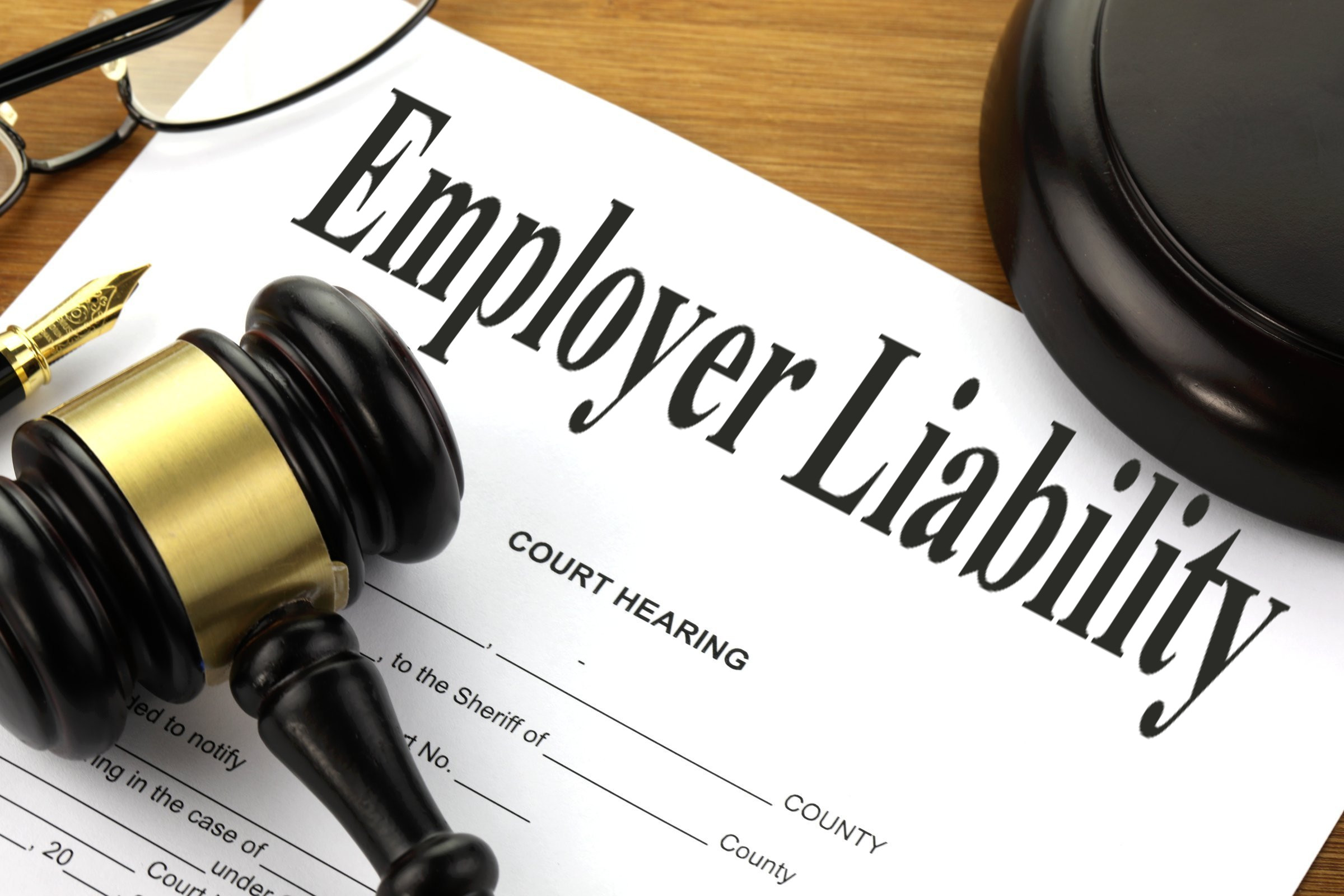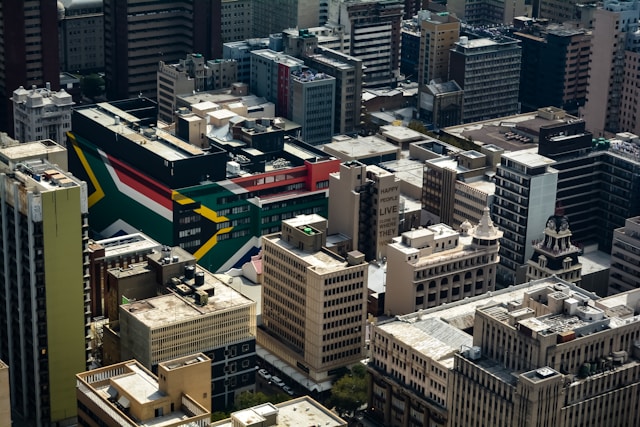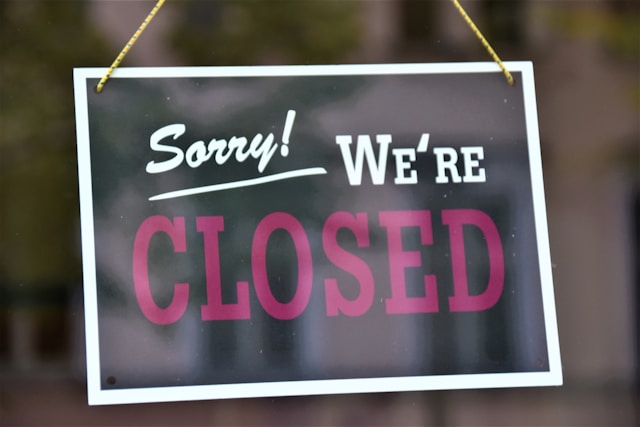If you’d told my 22-year-old self that I’d be chatting to friends about Life Insurance over a Sunday braai, I would’ve laughed, loudly. It felt like one of those things reserved for your forties—somewhere between your first knee problem and suddenly caring about the price of gutters.
But here we are. Millennials in South Africa are buying life cover earlier than their parents ever did, and honestly, it makes sense once you start paying attention to what real life looks like these days.
The uneasy backdrop we grew up with
Here’s the thing: Millennials grew up with a very particular kind of instability.
Not the dramatic movie kind—more the drip-drip stuff that quietly shapes your entire worldview.
Load shedding schedules taped to the fridge.
A recession just as you leave varsity.
Seeing your neighbour’s small business collapse overnight.
A cousin who had a medical emergency and spent two years paying off the hospital bills because his medical aid didn’t cover what he thought it would.
When you absorb that kind of uncertainty from your teens, you don’t see personal insurance as something for “old people.” You see it as armour. Even if it’s slightly dented or too big for you at the time.
Some folks only really “get it” after seeing something go wrong up close. I have a friend—let’s call him Dumi—who bought Life Insurance at 26 after his dad passed unexpectedly. He told me it wasn’t grief that changed him as much as watching the family scramble to organise finances that were never quite planned. It’s not a story people put on Instagram, but it’s the stuff that sticks.
Money looks different for millennials (not always in the good way)
Older generations sometimes tease millennials for being “anxious about everything,” but honestly, the maths checks out. The cost of living doesn’t remotely match average salaries anymore. If you’ve ever stood in Checkers looking at the price of cheddar and felt personally offended, you’ll understand.
Because money feels tighter, millennials tend to be more deliberate about protecting what they *do* have. And weirdly enough, Life Insurance has become the “cheap but meaningful” form of stability. Premiums in your twenties are often surprisingly low—something people don’t realise until they actually get a quote.
There’s also the whole gig-economy thing. So many South Africans work freelance or juggle multiple income streams that don’t come with the old-school corporate safety nets—pension, group life cover, all those beige HR benefits no one fully understood, but everyone secretly relied on.
Without them, personal insurance becomes the adult equivalent of keeping a torch in your car. You hope you never need it, but you just feel better knowing it’s there.
Millennials carry family responsibilities earlier
This one isn’t spoken about enough. A lot of South Africans—especially millennials in black, coloured, and Indian households—step into financial responsibility way earlier than previous generations did. Think: helping younger siblings with school fees, topping up for your parents’ medical bills, supporting someone through a rough patch.
When you’re the “reliable one” in the family, you start thinking differently.
Suddenly, the question isn’t “Do I need Life Insurance?”
It’s “Who collapses financially if something happens to me?”
It’s uncomfortable. But it’s real.
Health risks feel… closer than they used to
Let’s be honest: South Africans don’t exactly live in a bubble-wrapped environment. We know people who’ve had strokes in their 30s, cancer in their 20s, car accidents that changed everything. And after COVID, millennials stopped assuming they had unlimited tomorrows.
I know someone who bought Life Insurance after getting a routine blood test that showed nothing dramatic—just slightly elevated cholesterol. He said it wasn’t fear; it was more like an early nudge from his future self saying, “Hey man, maybe get your admin in order.”
It’s these tiny moments—oddly specific, not tragic—that shift behaviour.
Social media (weirdly) normalised financial planning
We don’t give enough credit to those TikTok financial gurus with ring lights and absolutely no business wearing that much eyeliner at 9am. But they’ve done something important: they’ve made talking about money feel normal.
Before, people only discussed insurance when something went wrong.
Now it pops up in short, snackable videos—“5 reasons to get life cover before you hit 30,” or “Here’s how much I pay for my Life Insurance and why.” Some of it is oversimplified, sure, but it gets people curious. And curiosity is often the gateway to action.
There’s a strange comfort in planning what you can
Maybe this is just my opinion, but millennials seem to crave micro-control in a world that feels too big and unpredictable. Life Insurance becomes one of those rare things you can lock down.
You tick a box, you get a policy, and for once, you know exactly what will happen if life throws a sucker punch.
Not everything has to be existential. Sometimes it’s just nice to look at a chaotic world and say, “Okay, but this one thing? This thing I’ve handled.”









